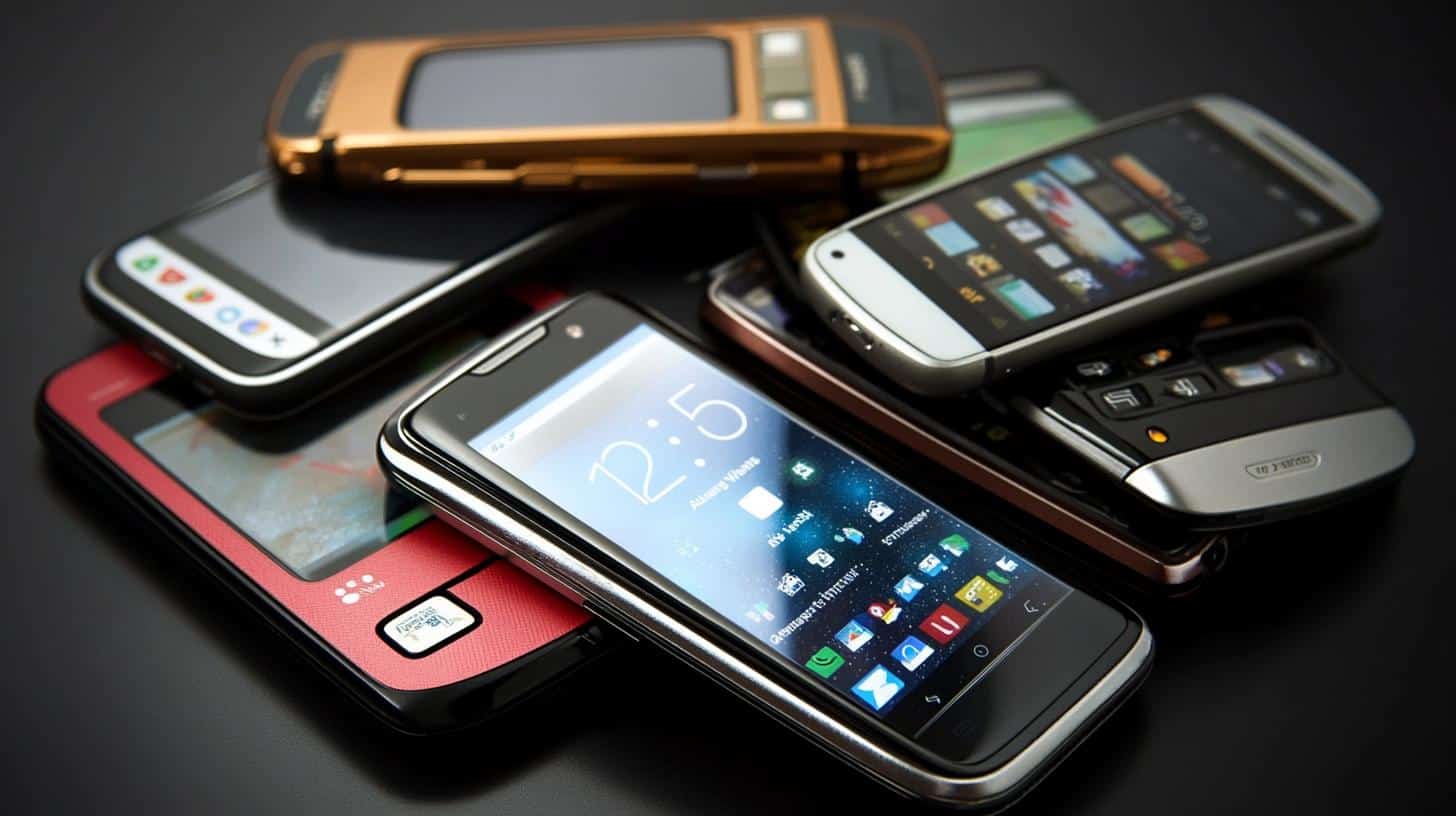In today’s digital age, the term “smartphone” is thrown around constantly, but have you ever stopped to wonder what truly defines this ubiquitous device? At its core, a smartphone is more than just a mobile phone; it is a powerful, pocket-sized computer.
A traditional mobile phone primarily offers voice calling and texting. In contrast, a smartphone combines the functionality of a mobile phone with the advanced features of a digital assistant, media player, and more. These devices run on sophisticated operating systems, such as Android or iOS, which allow users to install and run a myriad of applications (“apps”) for virtually any task you can imagine.
One standout feature of smartphones is their touchscreen interface, which offers intuitive interaction through gestures and taps. This is a far cry from the keypad navigation of older mobile phones. Additionally, smartphones boast a wide range of sensors, including cameras for photography and video, GPS for location tracking, and accelerometers for measuring movement, making them indispensable tools in our daily lives.
The integration of high-speed internet access is another defining characteristic. This enables users to browse the web, stream content, and stay connected with social media, all in real-time. With the capability to download and run diverse apps, smartphones extend beyond communication devices into essential tools for productivity, entertainment, and information.
So next time you reach for your smartphone, remember that you’re holding a multifaceted device that is profoundly reshaping the way we live, work, and connect with the world.
Are Smartphones Truly Revolutionizing Our Lives? Unveil the Hidden Facts!
In the ever-evolving landscape of technology, smartphones have emerged as more than just luxury gadgets—they are essential companions in our daily routines. While many focus on their convenience, few consider the controversies and drawbacks surrounding them.
Did you know that smartphones have become potent tools for scientific research? Apps now enable users to conduct environmental monitoring and even participate in astrophysical experiments. However, concerns about privacy persist, as smartphones collect vast arrays of personal data, sparking ongoing debates about data security.
So, is our reliance on smartphones a double-edged sword? While they offer unparalleled accessibility and connection, excessive use may lead to health issues, such as digital eye strain or insomnia. Screen time is a popular point of contention, with studies suggesting that it may negatively impact mental health. Balancing usage appears crucial for maintaining well-being.
Common Inquiries: What Is a Smartphone?
A smartphone is essentially a portable computer condensed into a handheld device. Unlike basic mobile phones, smartphones facilitate web browsing, gaming, and GPS navigation through their advanced operating systems and numerous apps.
Pros and Cons of Smartphones
Advantages include seamless communication, real-time navigation, and personal organization tools. On the downside, these benefits come at the cost of potential privacy invasions and health concerns due to overuse.
For more information on the evolving tech world, visit TechCrunch or explore insights on digital trends at Wired.
Keep exploring the fascinating duality of smartphones—both a boon and a challenge in today’s tech-savvy society.







